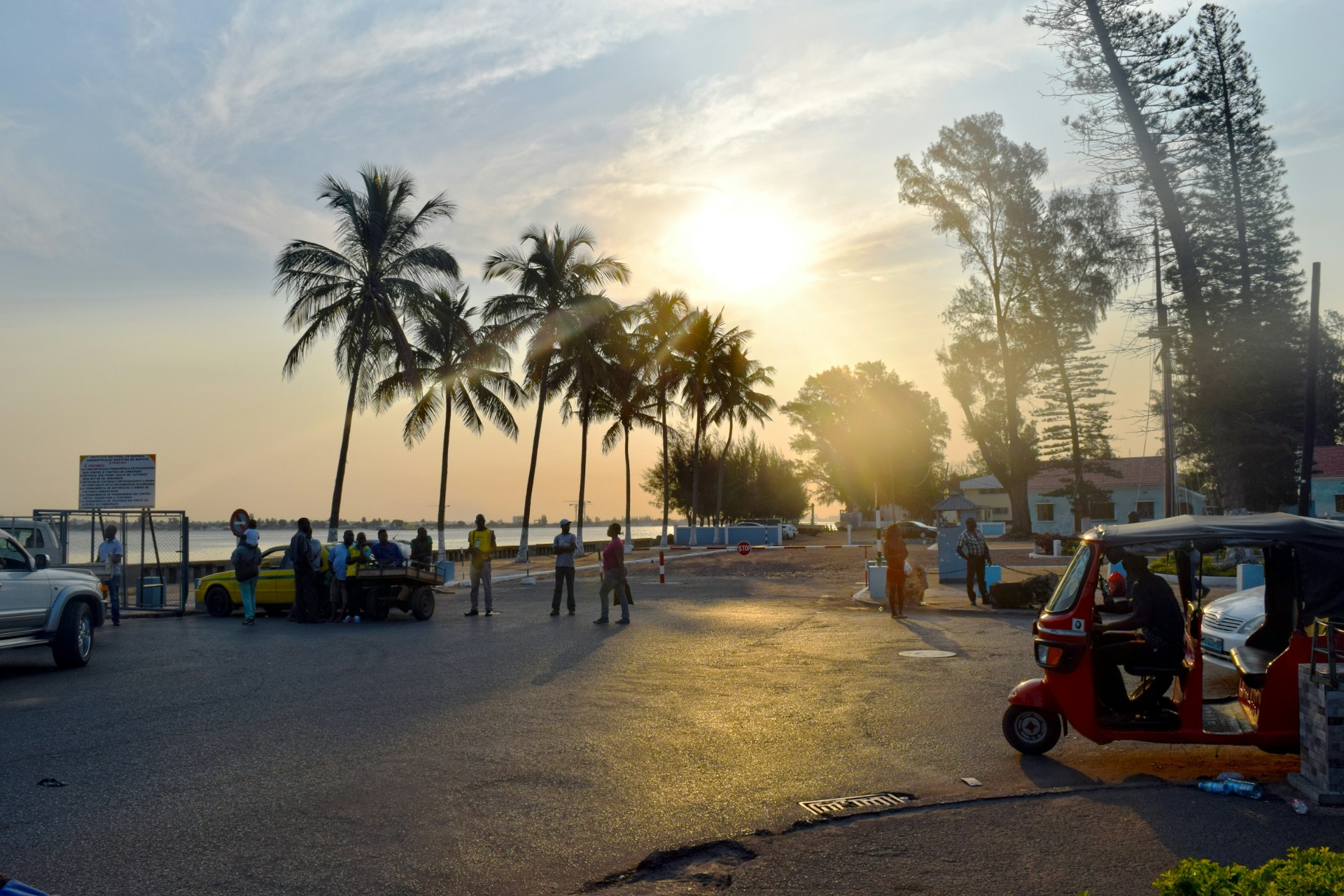
Mozambqiue travel from south africa Health, Customs, and Financial Issues
Border Crossings: Health, Customs & Financial Issues
Navigating the financial, health, and customs landscape of Mozambique is straightforward with proper pre-planning. Here's a practical guide to ensure a smooth and enjoyable journey.
Travelers should address health protocols, understand customs regulations, and have a sensible financial plan. With the right preparation, these aspects of your trip will be hassle-free.
A. Health Preparedness and Medical Access
Mozambique is a beautiful destination, but like many tropical locations, it requires some health considerations – particularly regarding malaria outside of Maputo City.
Malaria Prevention
Recommended Action: Consult a doctor regarding anti-malarial prophylaxis, which is recommended for most travelers. The country is considered a malaria risk area, though Maputo City has low prevalence rates (around 1%).
Special Note for Divers: If you plan to dive, inform your doctor, as certain anti-malarial medications aren't suitable for diving.
Mosquito Bite Prevention
Simple Precautions: Wear long-sleeved shirts and long pants in light fabrics, especially during evenings. Use insect repellent (such as Peaceful Sleep, Citronella, or Tabard) and consider plug-in repellents or mosquito coils. Air conditioning and fans are effective, as mosquitoes avoid cold air and wind.
These basic measures significantly reduce your exposure to mosquitoes.
Yellow Fever Vaccination
When Required: A valid Yellow Fever vaccination certificate is required if you're arriving from an infected area. Border authorities may request it from any traveler at their discretion.
Pro Tip: If you don't have the certificate when requested, you'll need to be vaccinated at the border at your own expense – so it's worth having if there's any chance you'll need it.
Travel Insurance
Smart Investment: Comprehensive travel insurance that includes medical evacuation coverage (typically to South Africa) is highly recommended. Medical facilities in Mozambique vary in quality, and evacuation insurance provides peace of mind.
Water Safety
Easy Precaution: Stick to bottled water for drinking. It's readily available and inexpensive throughout Mozambique.
B. Customs Regulations
Mozambican customs has straightforward rules. Follow them, and you'll breeze through.
The Beer Rule
Important to Know: Beer cannot be imported into Mozambique. It will be confiscated if found during vehicle searches.
The good news? Local beer is readily available and affordable once you're across the border.
Duty-Free Allowances
Simple Limits (per person over 18, for 30-day period):
- Spirits: 1 litre
- Wine: 2.25 litres (about 3 bottles)
- Tobacco: 200 cigarettes or equivalent
Stay within these limits and you're fine.
Groceries and Foodstuffs
Budget Consideration: General goods, foodstuffs, and meat imports are limited to approximately $50 USD or 5,000 Meticais per person (including children). Amounts over this limit are subject to a 46% tax.
Planning Tip: Many travelers buy basics in South Africa before crossing, then supplement with local purchases in Mozambique.
Keep Your Receipts
Helpful Habit: Save receipts for imported goods. This helps verify values if customs asks and prevents any confusion about what you're bringing in.
Declare Valuables
Simple Process: Declare cameras, laptops, and other electronics on your Temporary Import Permission (TIP) form. Keep the stamped form safe – it proves you brought these items with you and prevents any questions when you leave.
C. Currency and Financial Planning
Managing money in Mozambique is easy with a bit of advance planning.
Currency Exchange
Best Practice: Exchange South African Rand to Meticais at formal exchange bureaus or banks in Komatipoort on the South African side.
Avoid: Don't exchange with individuals at the border – use official exchange facilities.
Cash is Convenient
Practical Reality: While card payments work in cities and resorts, cash (Meticais) is most reliable for tolls, fuel, and smaller purchases. Network connectivity can be intermittent outside major centers.
Currencies Accepted: Meticais (best rates), US Dollars, and South African Rand are all used, especially in southern Mozambique.
Credit Cards
Know Before You Go: VISA cards are more widely accepted than Mastercard. Most resorts and larger establishments accept cards, but always have cash backup.
Remember: Notify your bank of your travel dates to avoid your card being blocked for suspected fraud.
Large Cash Amounts
Declaration Requirement: If carrying US$5,000 or more in cash, complete the currency declaration form at customs. It's a simple formality.
Fuel Strategy
Smart Move: Fill up your tank in Komatipoort before crossing. Fuel is more expensive in Mozambique, and quality can vary.
Practical Preparation Checklist
Health:
✓ Consult doctor about malaria prophylaxis
✓ Yellow fever certificate (if applicable)
✓ Travel insurance with evacuation coverage
✓ Insect repellent and appropriate clothing
✓ Bottled water plan
Customs:
✓ Alcohol within allowances (no beer)
✓ Groceries under $50 per person
✓ Receipts for valuable items
✓ Electronics declared on TIP
Financial:
✓ Meticais from Komatipoort exchange
✓ Mix of cash (MZN, USD, ZAR)
✓ VISA card (bank notified)
✓ Full fuel tank
The Bottom Line: Simple Planning, Smooth Crossing
Most of these requirements are straightforward – they're similar to what you'd encounter traveling to many international destinations. The key is simply knowing what to expect and preparing accordingly.
Health: Basic tropical precautions – malaria prophylaxis, insect repellent, bottled water, and good insurance.
Customs: Reasonable limits on alcohol and groceries. Leave the beer behind and declare your valuables.
Finance: Cash is more useful than cards in many places. Exchange in South Africa and bring enough for your needs.
Thousands of South Africans visit Mozambique every year without issues. The travelers who have the smoothest experience are simply those who've done a bit of homework beforehand.
Think of it as packing for any international beach holiday – just with a few specific local requirements to keep in mind. Prepare properly, and you'll have a wonderful time.